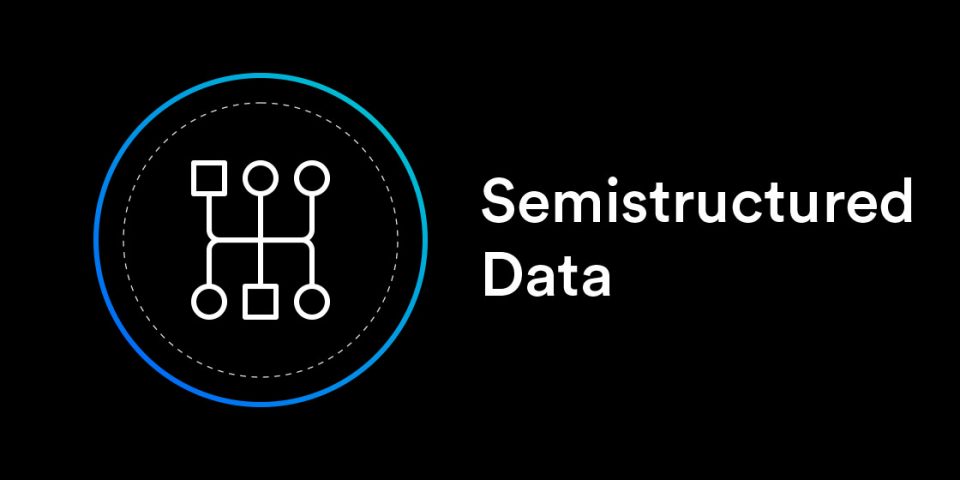Course info

Semi-structured data refers to information that doesn't conform to the structure of traditional relational databases but has some organizational properties. It's often used in contexts where flexibility and scalability are paramount, such as in big data applications, NoSQL databases, and data lakes. Unlike structured data found in tables with predefined schemas, semi-structured data may contain tags, attributes, or other markers that provide some organization but don't enforce strict constraints. Examples include JSON, XML, YAML, and certain types of log files. Handling semi-structured data requires specialized tools and techniques to extract, transform, and analyze the information effectively.
- Teacher: DEGHA Houssem eddine
